1 min read
Episode 035 – When To Treat For Cold Flow
Knowing when to treat your fuel to avoid temperature-related gelling is key. In this episode, I’ll explain what you need to know about temperatures,...
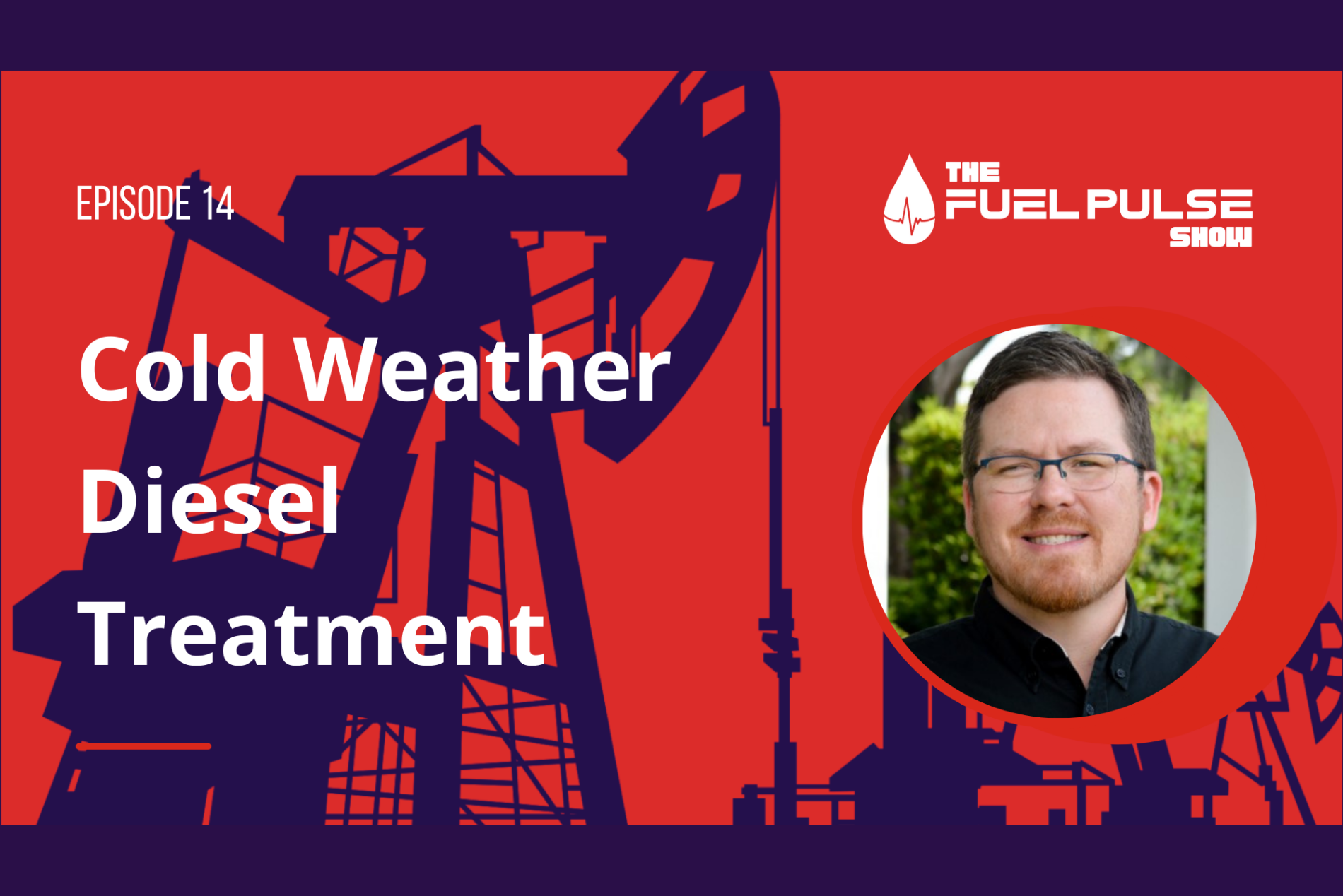
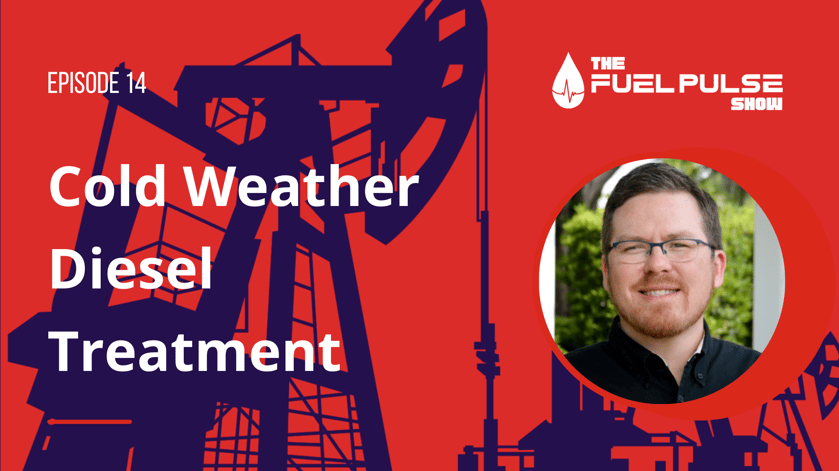
As we approach the colder months, it’s important to ensure our fuel supplies are healthy and usable throughout the winter. Normal diesel and cold weather do not mix, and in order to protect your fuel supplies, it is essential to use cold flow anti-gel diesel. So, how do you know if you need this for your diesel? And what should you be looking for to determine when and how to use this anti-gel? In this episode, I will be explaining the advantages and disadvantages of different treatments, how to use them, and when you will need to start using them.
Listen in as I share why fuel gels and what to do when that happens, as well as what ingredients you should look for in an anti-gel treatment. You will learn the importance of knowing your cloud point, why where you live in the country will impact this, and more.
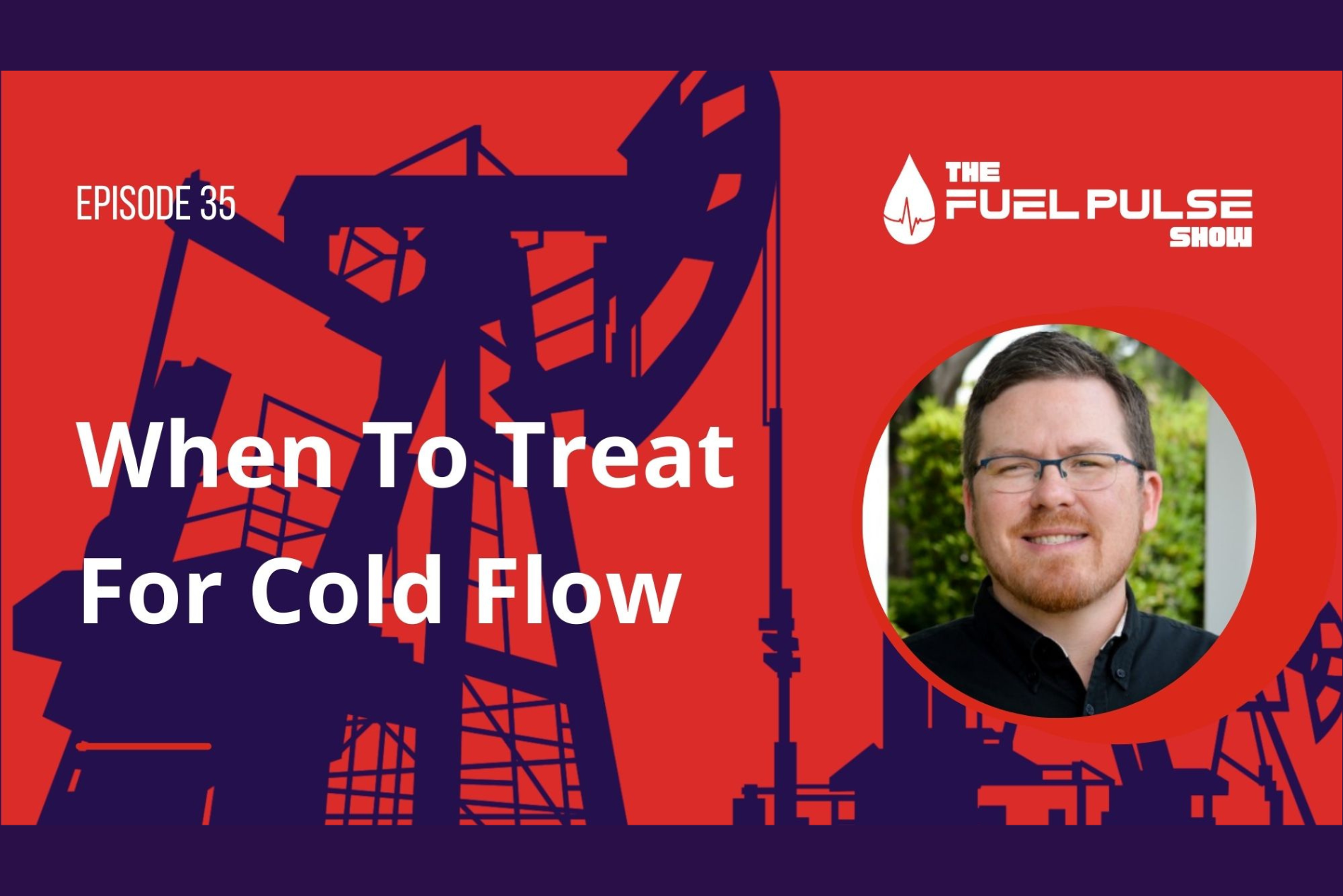
1 min read
Knowing when to treat your fuel to avoid temperature-related gelling is key. In this episode, I’ll explain what you need to know about temperatures,...
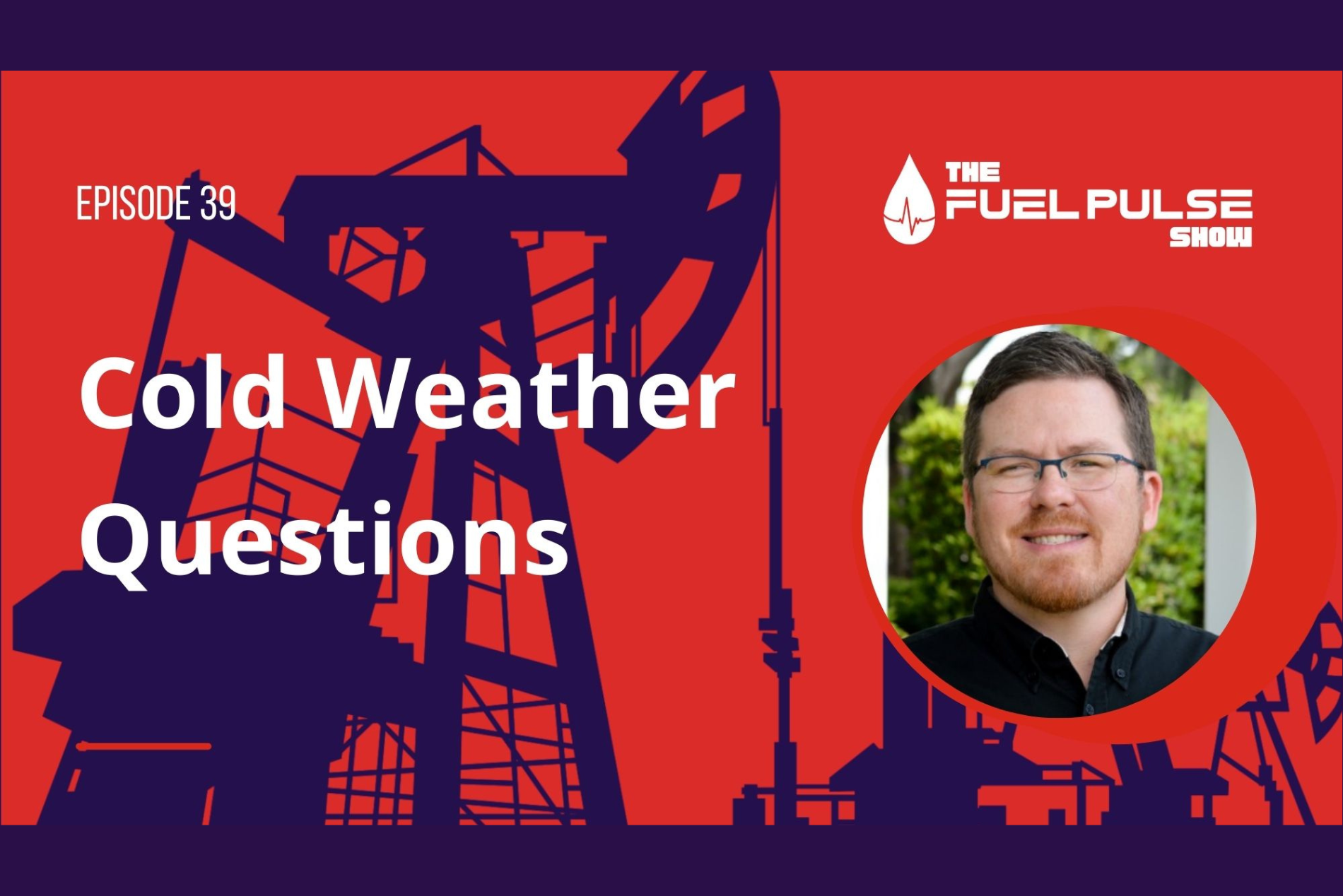
Do you know all the signs that point to the need to use anti-gel in your fuel? We are well into the cold temperatures that start to make gelling in...
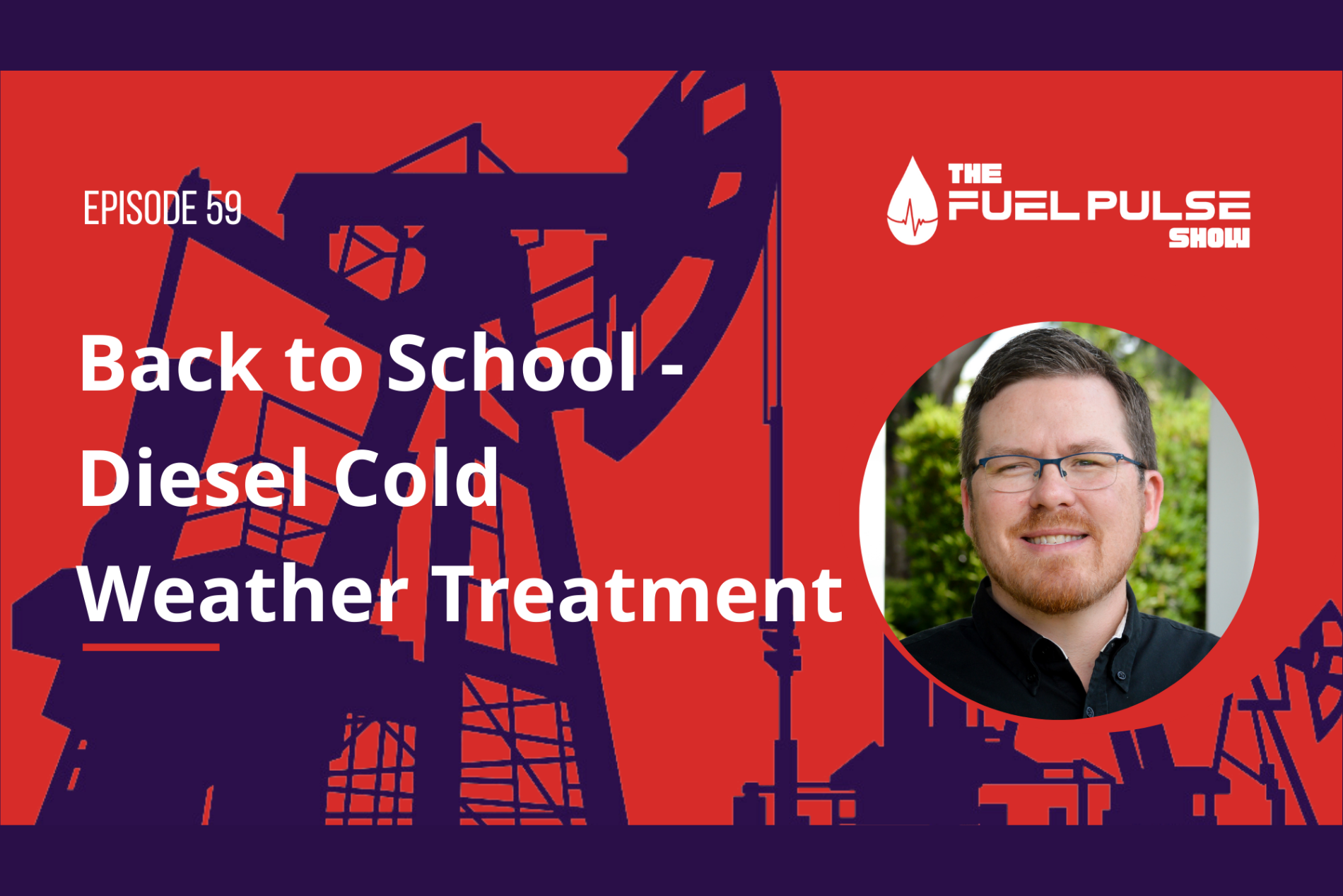
In this episode of the Fuel Pulse Show, host Erik Bjornstad continues the "back to school" series, focusing on preventing winter gelling problems in...